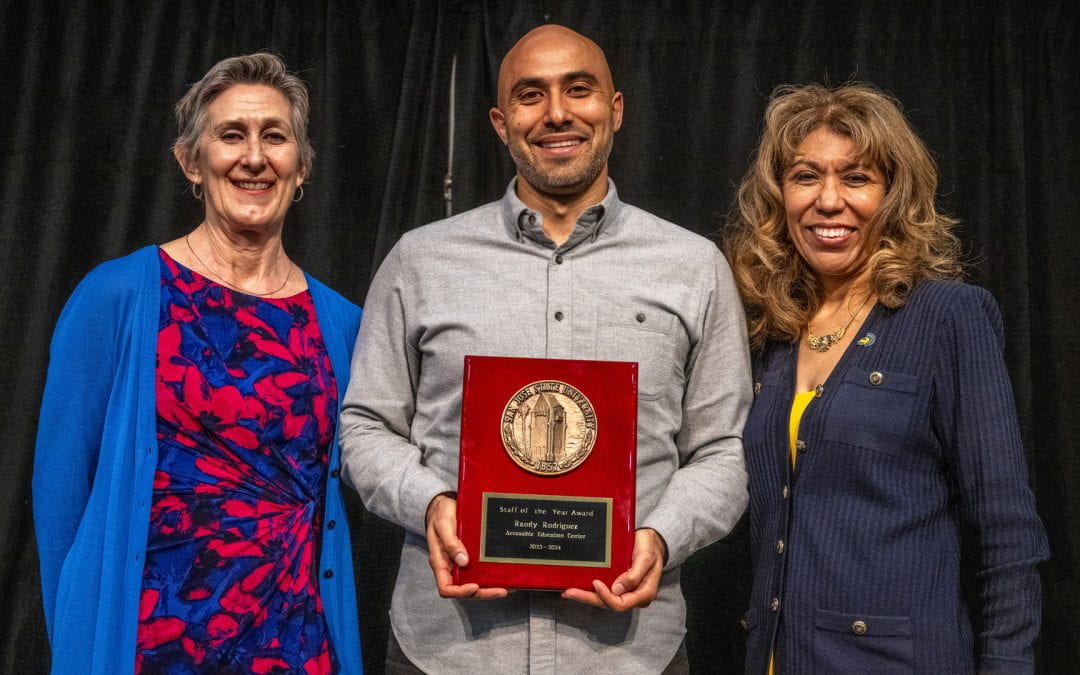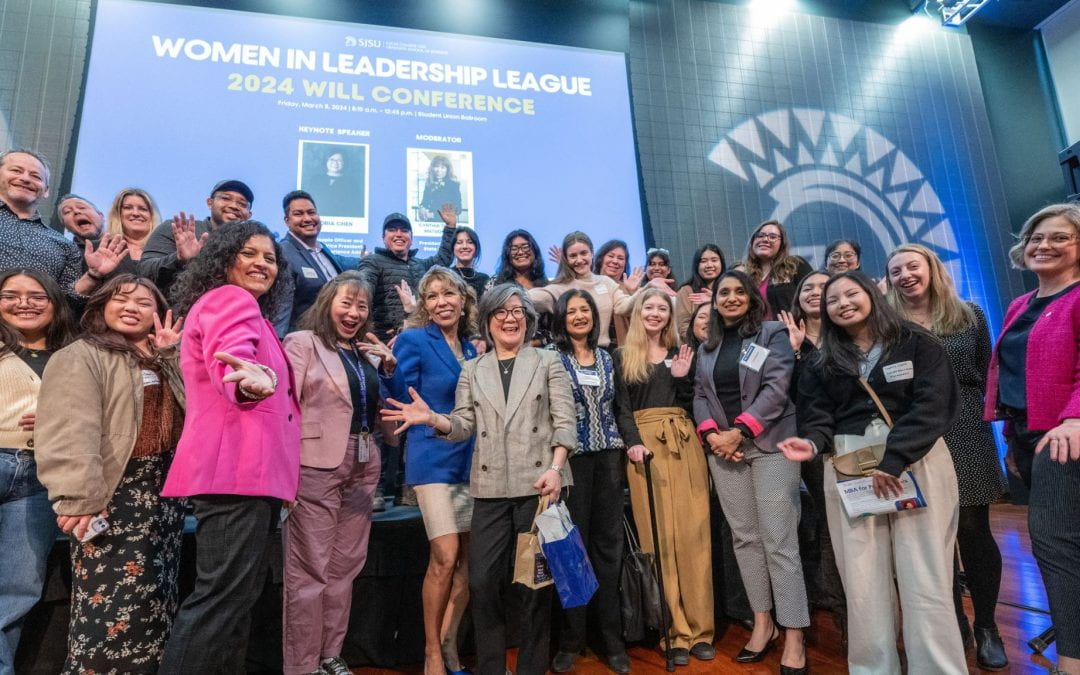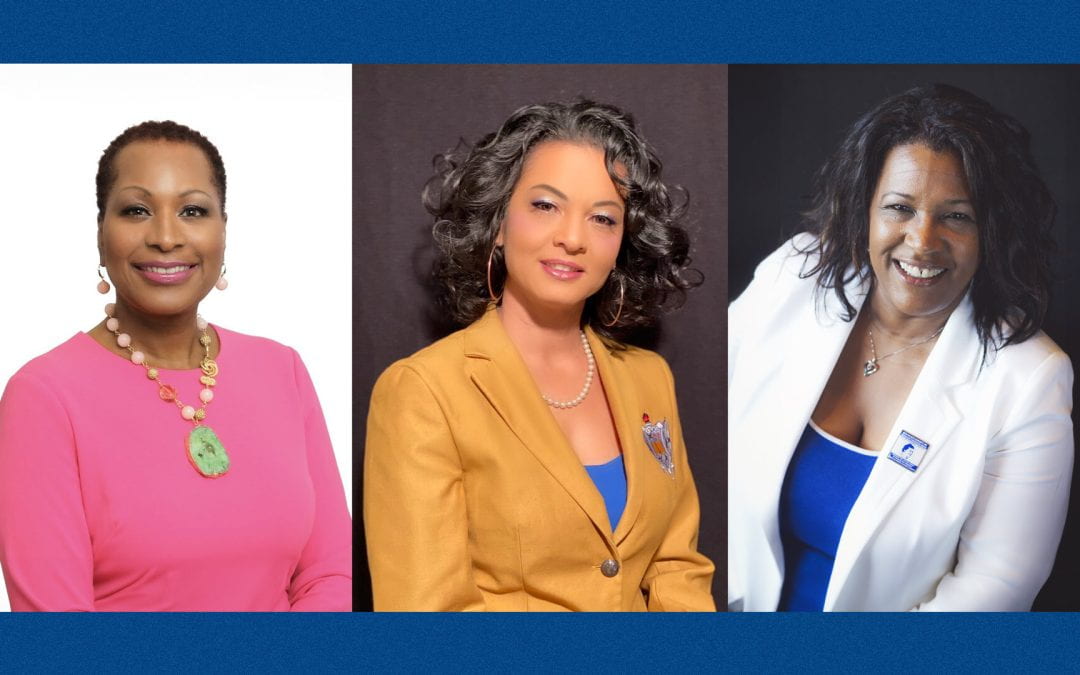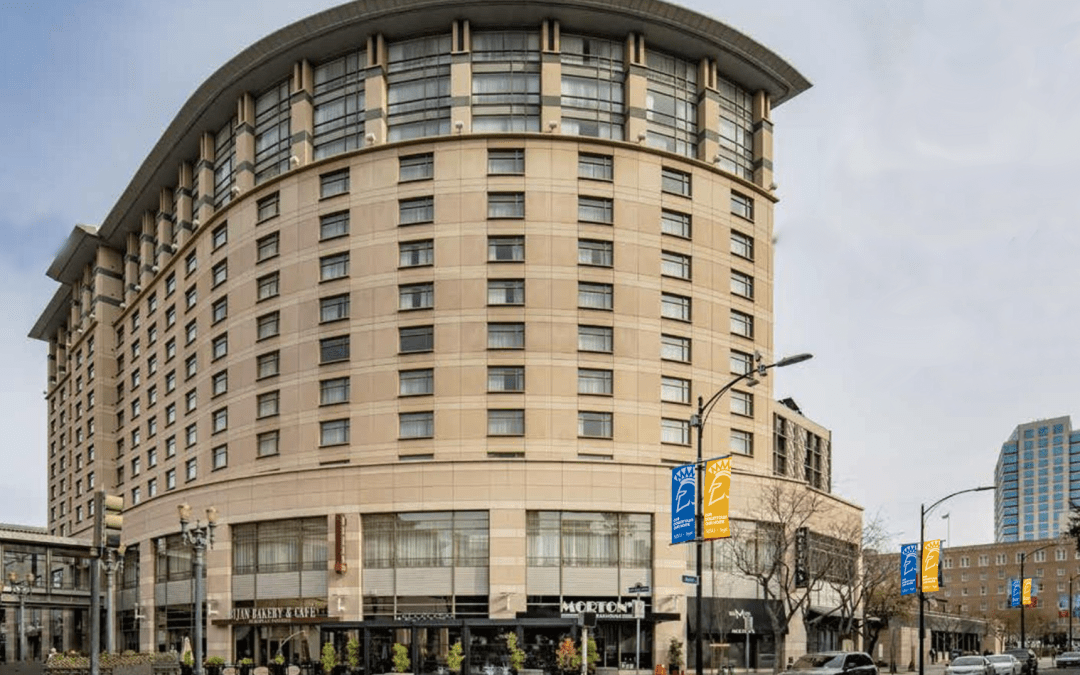Deep Dive in Five With Survivor Advocate Selena Gonzalez
The San José State University Survivor Advocate offers emergency and support services to ensure the well-being and safety of survivors of sexual harassment and sexual violence, domestic violence, intimate partner violence and stalking. Selena Gonzalez has served in this role for SJSU since August of 2021. She has been doing survivor advocacy work since 2017.
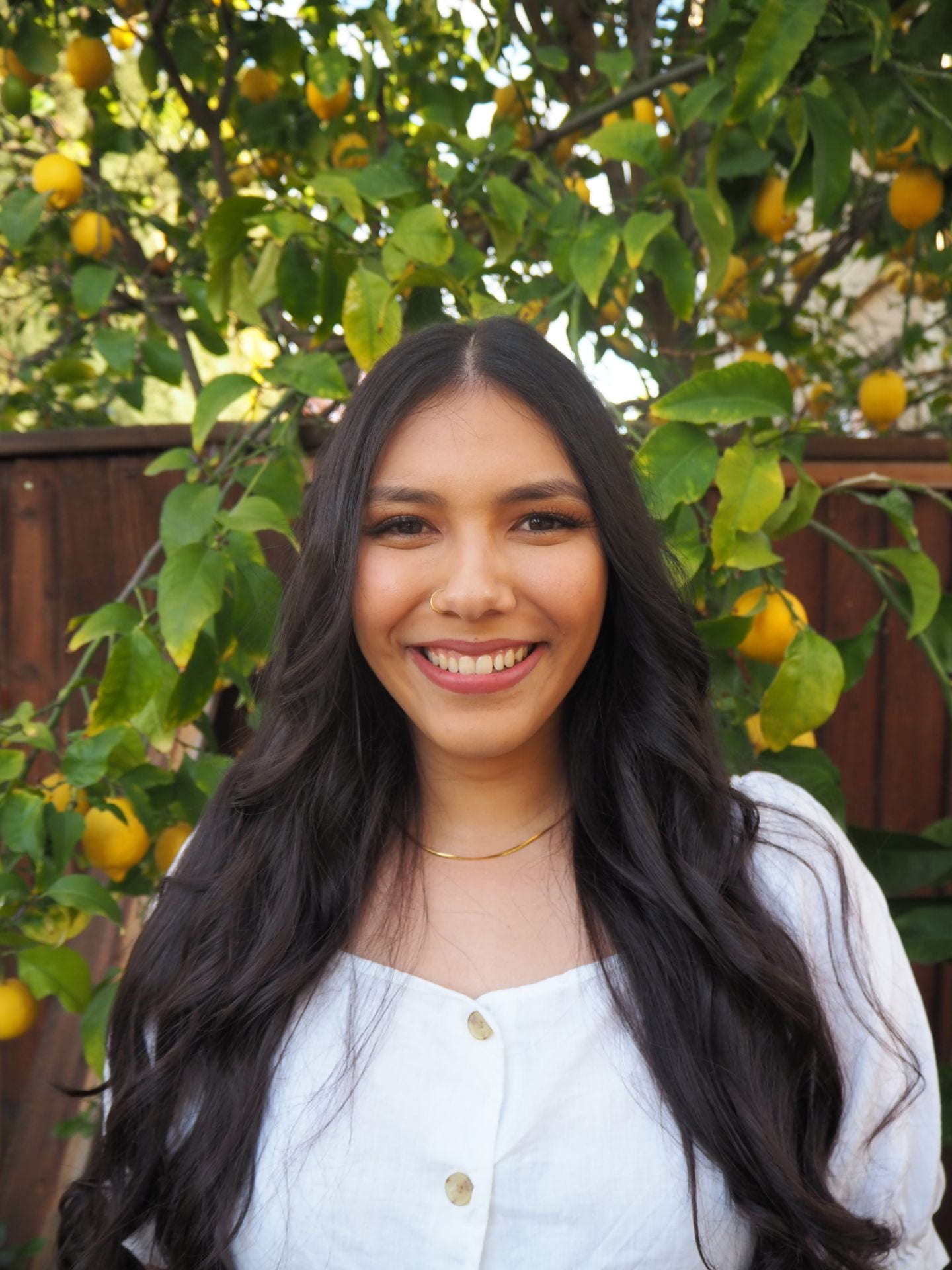
As SJSU’s campus Survivor Advocate, Selena Gonzalez serves everyone on campus — students, staff members and faculty members.
1. What is the role of the Survivor Advocate?
Selena Gonzalez: The Survivor Advocate (SA) is a critical confidential resource on campus, offering individualized and group support for both students and staff impacted by sexual harassment and sexual violence, domestic violence/intimate partner violence and stalking. We do not report to Title IX or the police.
Our philosophy is based on trauma-informed, survivor-centered philosophy that focuses on a few key principles — safety, trust, choice, collaboration, empowerment and cultural relevance.
I initially check in on the physical and emotional safety of the survivor in order to help process the trauma that they are facing. In order to help a survivor, I try to build trust while maintaining boundaries between myself, the task that I am able to do, and how I can help advocate for them. I prioritize the survivors’ choice in their healing process and support that choice moving forward.
When the survivor wants information or options, I collaborate with them on what they think might be the best option for them. During this process, we empower the survivor to identify strengths and prioritize the skills that help a survivor heal and grow. It is important for me to understand that each individual experience that a survivor faces is unique to them due to the lived experience from the culture they grew up in and how that impacts their decisions.
A survivor can be ensured that when they walk into my office, I apply this trauma-informed and survivor-centered approach.
2. How is this role different from the work that takes place in the Title IX office and Counseling and Psychological Services (CAPS)?
SG: Although the campus Survivor Advocate works closely with Title IX and CAPS, we are all distinct services.
Title IX is an unbiased office that is committed to keeping the SJSU community safe through investigative processes through the CSU Executive Order 1097. Title IX is the office that you report incidents to that are related to sexual harassment, sex discrimination and gender inequity. Although their services operate with mandated privacy protocols, they are not able to be a confidential service.
Additionally, since they are an unbiased office, they work with both a complainant and respondent, respectively. The SA solely works with survivors and advocates for their needs on and off campus. They go over the options and break down the pros and cons of every option a survivor would like to explore.
If a survivor chooses not to report to the Title IX office, the SA will support that decision and help the survivor look for alternative routes of healing. Because the Survivor Advocate is a confidential service, they do not need to report their trauma to the Title IX office, and all conversations will be kept between the survivor and the SA.
CAPS is a place where students can go receive short-term talk therapy sessions with licensed counselors. The topics at hand can be anything ranging from personal development to addressing challenges. Counselors at CAPS are there to process trauma, dive deeper into their feelings and give specific advice to their trauma at hand.
The biggest distinction between CAPS and the Survivor Advocate is that the SA is not a licensed therapist. SAs do have their certification for crisis counseling of sexual assault and domestic violence and can help ground a survivor when they are triggered from a trauma. But when a student would like to explore more of that trauma and talk through that in a therapeutic setting, the Survivor Advocate will do a warm hand off to the CAPS department to process more.
Additionally, the SA is there to identify and normalize feelings, offer information options and resources, and (if called for) provide psychoeducation around sexual violence and domestic violence.
3. How does the Survivor Advocate serve individuals on campus?
SG: The Survivor Advocate serves everyone on campus — students, staff members and faculty members, and our services can be broken up into a few categories:
- Advocacy: Educate survivors about their options; assist through Title IX, legal or medical processes; and work to ensure the safety and support of a survivor. This is where I address immediate needs and start providing options toward healing.
- Accompaniments: Accompany survivors to most public spaces — some including: Title IX investigations and hearings, court hearings or medical/SART exams. If a survivor is more comfortable meeting in a public meeting area (rather than in an office), we can meet there. Unfortunately, we are not able to accompany survivors to private residences.
- Accommodations: Provide accommodations for housing, academic and employment needs through school and community collaboration. This is to ensure a survivor can continue to be successful in their SJSU career with reasonable accommodation requests.
- Crisis counseling: Offer short-term, confidential and goal-oriented crisis counseling to promote survivor safety and stability. As stated earlier, the SA is not a counselor/therapist but can help the survivor process their trauma through focusing on their safety and providing tools to address triggers when they happen in the moment.
- Educational opportunities: Provide educational opportunities for organizations on campus to learn more about topics relating to sexual violence, intimate partner violence, stalking and harassment. The Survivor Advocate can provide presentations specific to your organization’s needs.
4. How does the Survivor Advocate help with changing culture on campus?
SG: The SA fosters change by being a resource for survivors that are experiencing trauma related to sexual violence, domestic violence and stalking. The SA also helps change campus culture by providing educational opportunities for the community. They educate around topics like consent, active bystander intervention, how to support a survivor, etc.
As a department of one, I think it’s important to clarify that the Survivor Advocate alone cannot change culture on campus. It takes different departments, organizations and people working in collaboration to create change. This includes addressing previous institutional betrayal, remedying those harms and building trust, and continuing to expand prevention efforts. I think it will be vital for additional resources to be allocated for prevention and education work, so lasting cultural change can happen.
5. How can someone access the services of the Survivor Advocate?
SG: The SA can be contacted either through email, phone or in person. An appointment can be made via phone or email. If you would like to schedule an appointment via phone, please contact (408) 924-7300 and request an appointment with the campus Survivor Advocate. If you would like to schedule an appointment via email, please email survivoradvocate@sjsu.edu.
The Survivor Advocate is located on the 3rd floor of the Student Wellness Center and is located in the CAPS department. They are available Monday through Friday, 8 a.m.–5 p.m.

